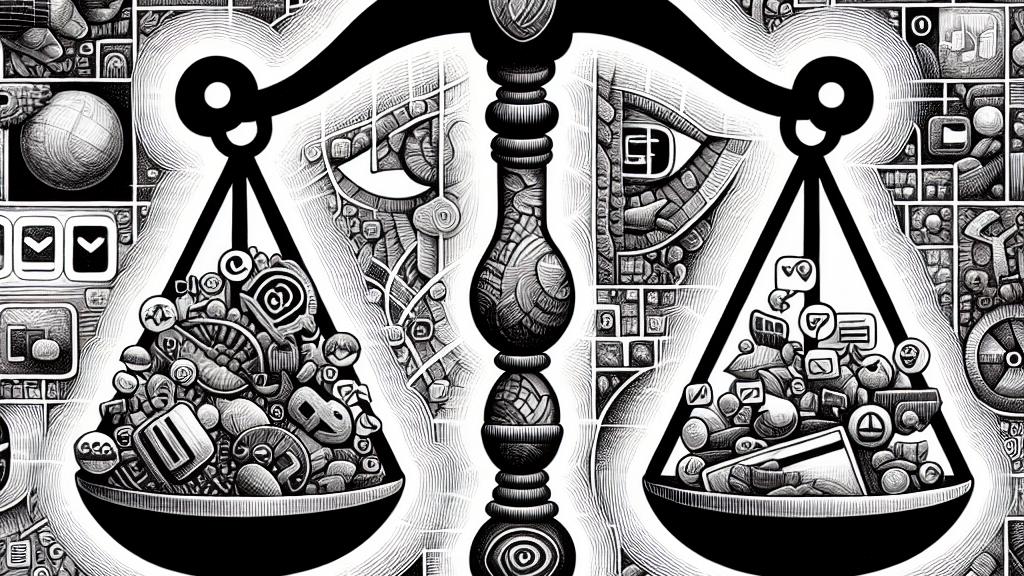X Seeks Reinstatement in Brazil After Complying with Court Orders
Overview
- Elon Musk's platform X is making strides to return to Brazil after fulfilling court mandates.
- The Brazilian Supreme Court's ban came after repeated failures to adhere to legal directives.
- X incurred hefty fines for neglecting to block accounts and appoint a necessary local representative.

Background of X's Ban in Brazil
In a dramatic and contentious episode, X, the platform formerly known as Twitter, faced a shutdown in Brazil—a nation renowned for its dynamic democracy and vibrant online culture. On August 30, 2024, the Brazilian Supreme Court, led by Justice Alexandre de Moraes, imposed a ban on X. This incredible development arose from Elon Musk's repeated defiance of court orders designed to curtail the spread of misinformation, especially surrounding the politically charged atmosphere following Brazil's tumultuous 2022 elections. For example, accounts disseminating false narratives about election integrity were scrutinized intensely, prompting justice to intervene to preserve democratic values. Justice Moraes asserted that the unchecked influence of such platforms jeopardized the country’s electoral process, highlighting the fragile balance between free speech and responsible information sharing.
X's Compliance Efforts and Future Prospects
In a significant effort to regain its standing in the Brazilian market, X has undertaken essential measures to comply with the court's mandates. This includes blocking multiple contentious accounts involved in the dissemination of inflammatory content that led to public unrest. Furthermore, X appointed a new local legal representative, a move that illustrates its dedication to aligning with Brazilian laws. These steps are not merely procedural; they symbolize a shift towards accountability that stakeholders hope will foster trust in X’s operations. As one of Brazil’s most popular platforms, housing nearly 40 million users, the implications of non-compliance could be dire, with potential fines reaching astronomical sums daily. Thus, the stakes are incredibly high for Musk's enterprise as it navigates these tumultuous waters.
Wider Implications for Digital Governance and Free Speech
The tensions between X and Brazilian authorities reflect a broader, urgent dialogue regarding the responsibilities of social media giants in our increasingly digital world. This clash poses fundamental questions about how platforms like X should operate within different national legal frameworks while balancing free speech and public safety. Critics suggest that Musk's confrontational approach may undermine respect for the law, painting him as a rogue actor in the digital realm. However, some supporters view him as a voice for free expression against overreach by authorities. The overarching narrative is clear; the outcomes of this ongoing dispute could establish a precedent influencing how social media is governed globally. Through this lens, X's predicament in Brazil resonates as a critical case study on the future of digital interaction, regulation, and the ever-evolving definition of freedom online.

Loading...